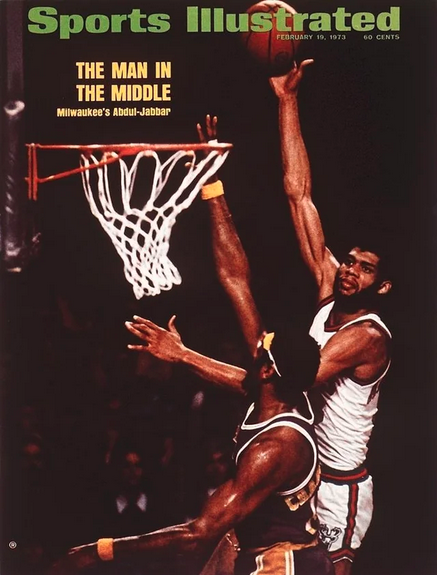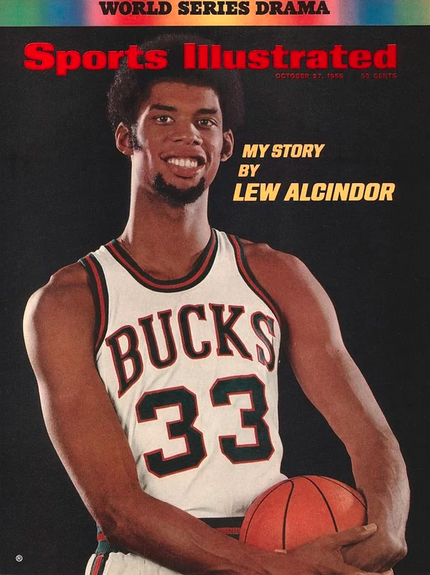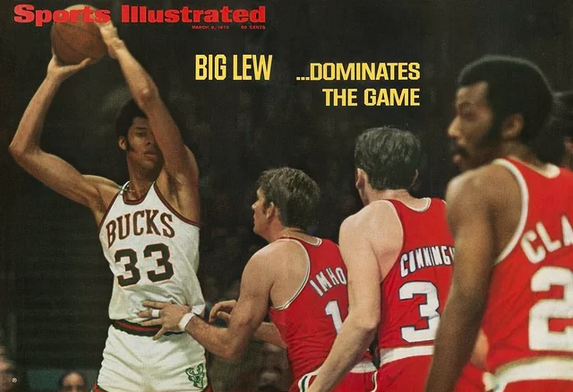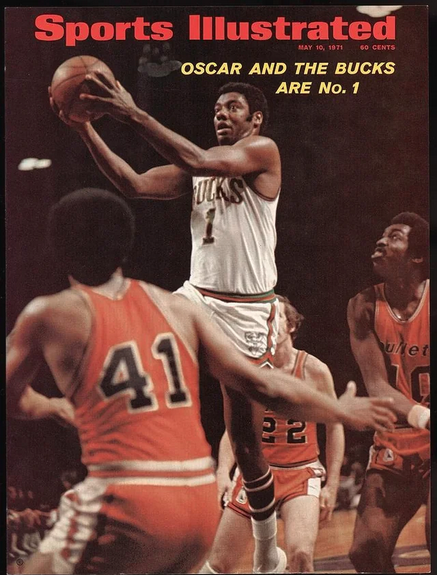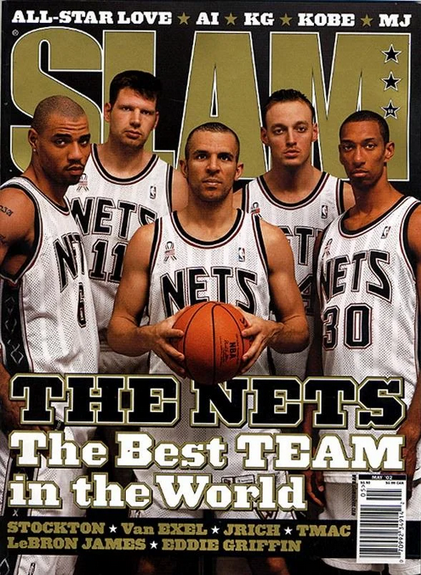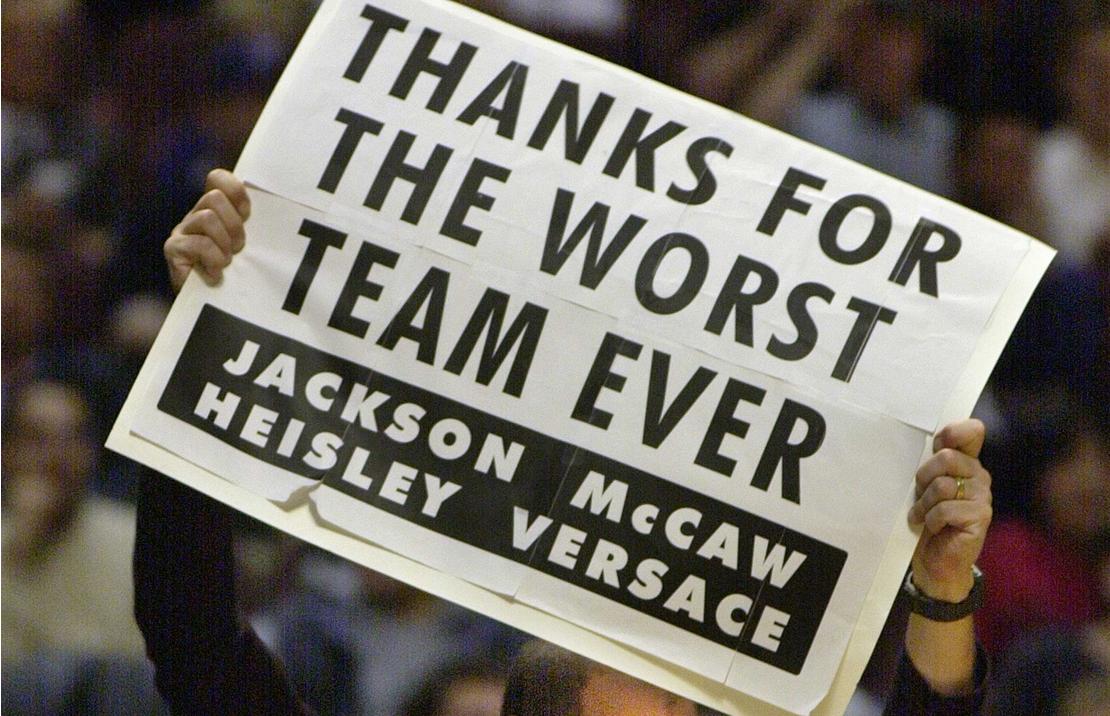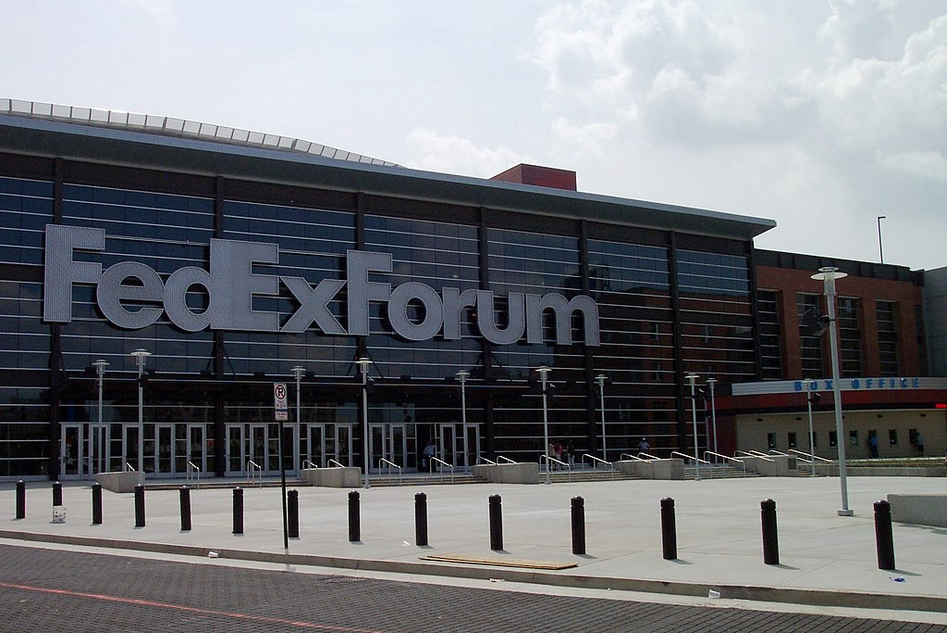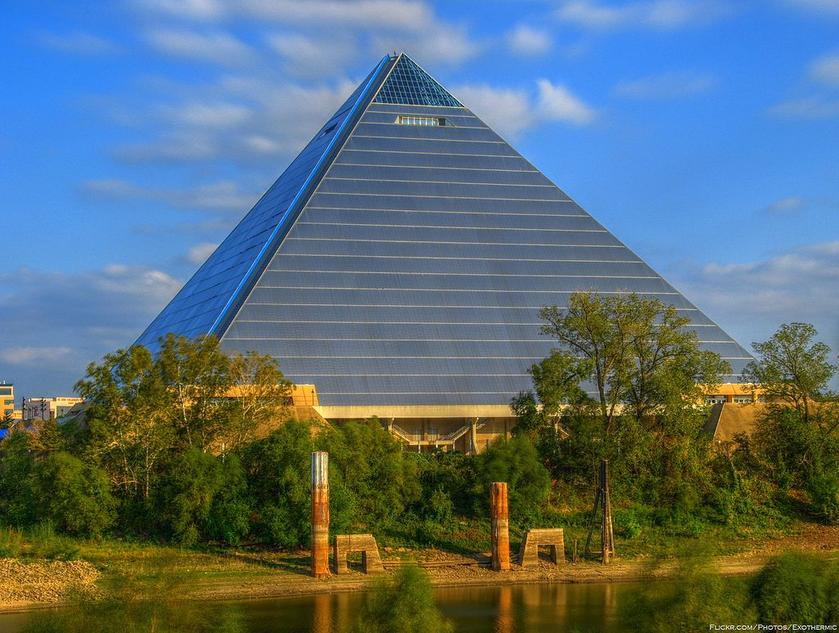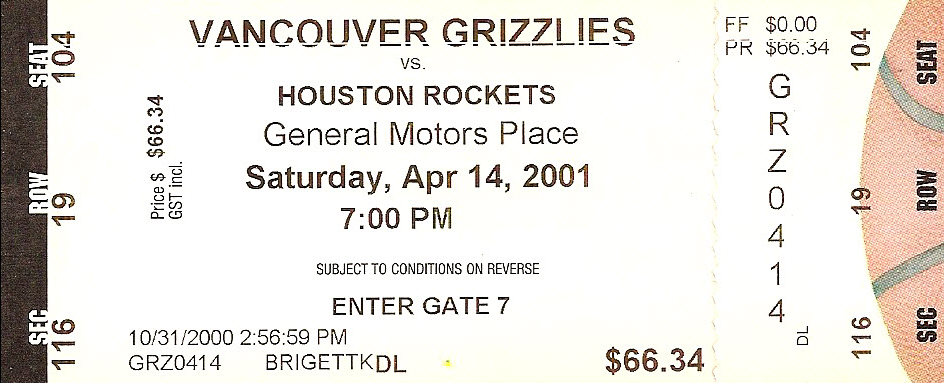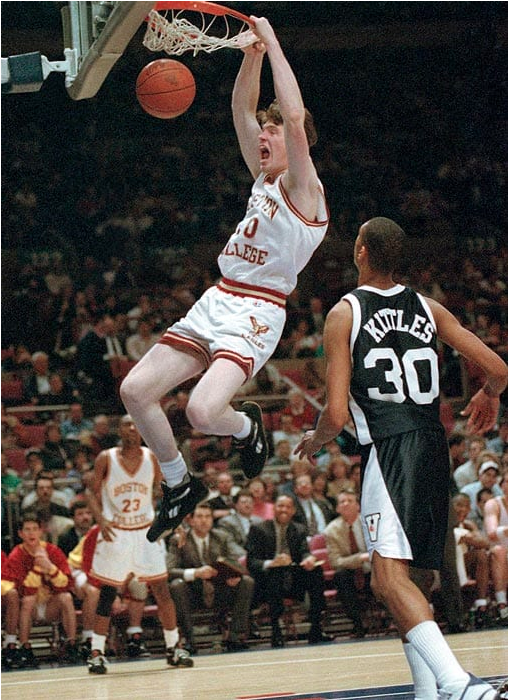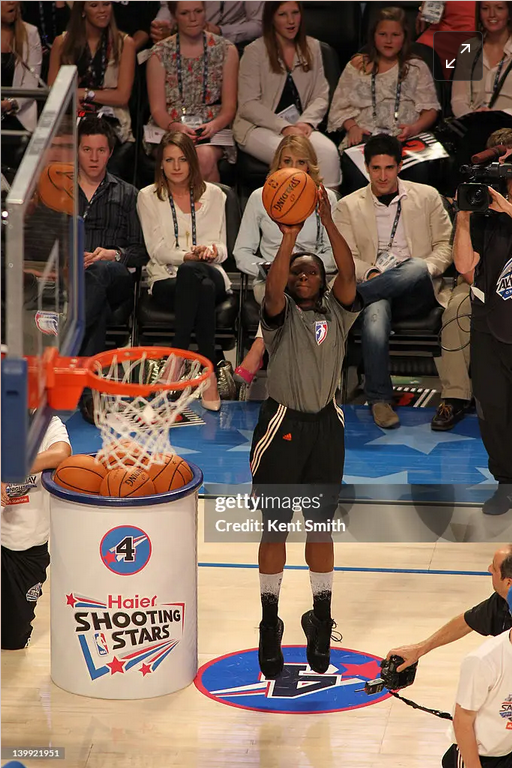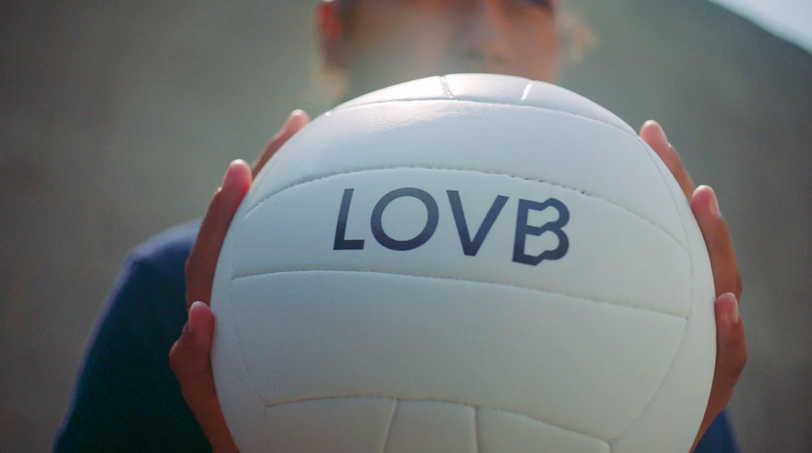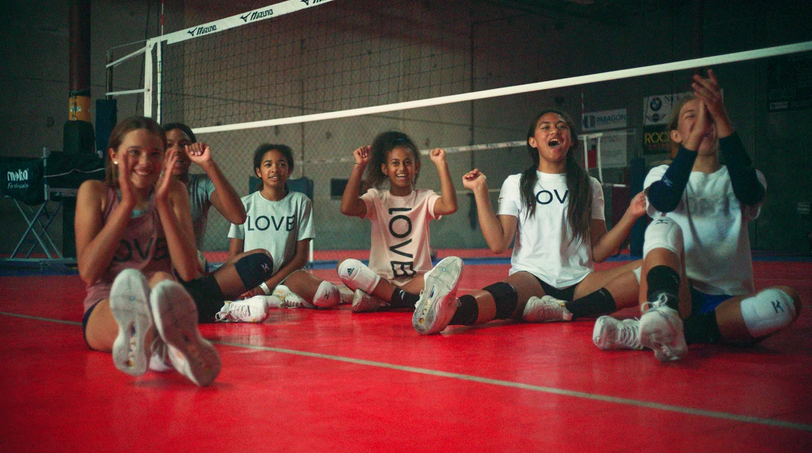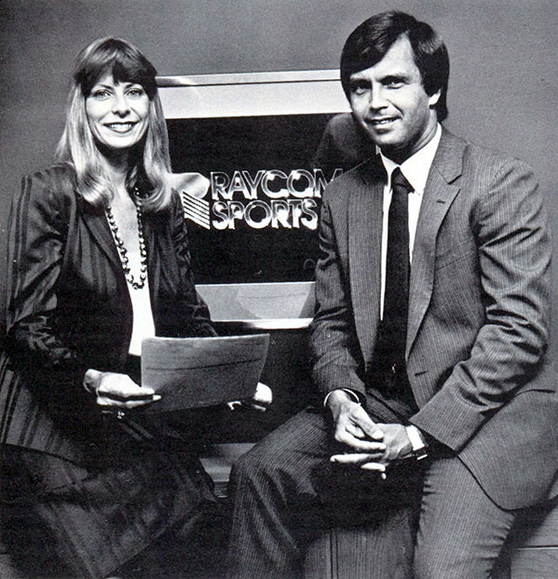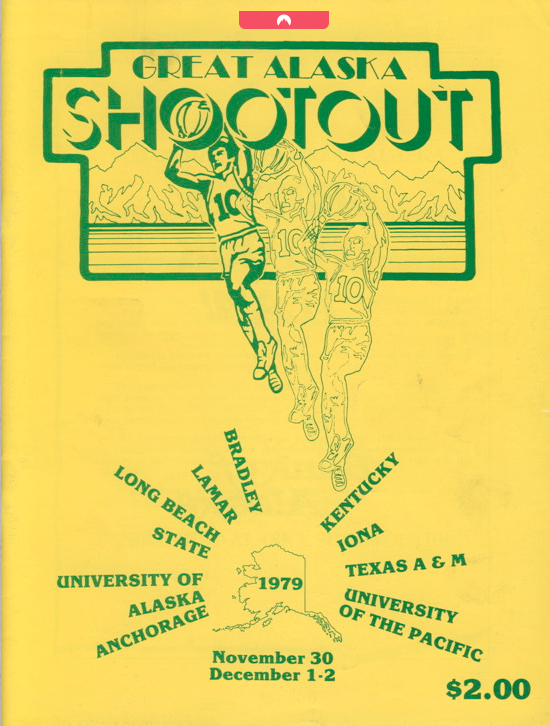It's our year-end Holiday Roundtable Spectacular, featuring a look back at the year's newest additions to "what used-to-be" in big-time sports (RIP Pro Volleyball Federation, Utah Hockey Club, three UFL teams, half of Major League Rugby, and the NCAA's LA & Bahamas Bowls); AND semi-educated guesses as to what might be ahead for 2026 - with three of our favorite fellow defunct sports enthusiasts: Paul Reeths (OurSportsCentral.com, StatsCrew.com; Episode 46); Kenn Tomasch (Kenn.com, Soccer Rewind; Episode 39); and Scott Adamson (Adamsonmedia.com; Episodes 184 & 240).
Buckle up for our annual mashup of amusement and bemusement at the fringes of the pro sports establishment, as we simultaneously marvel at and lament some of the most curious events of the past year, debate who and what might be next to stumble into oblivion, and conjecture about future scenarios for the next generation of defunct and otherwise forgotten pro sports teams and leagues - including:
UFL Year 3
NASCAR antitrust trial aftermath
MLB's A's, Rays & realignment
NFL international expansion & flag football
MLS calendar reset & conference realignment
An NBA European league?
MiLB's private equity boom
The Savannah Bananas' Banana Ball Championship League
Major League Rugby contracts
Major League Cricket bickers
Major League Volleyball vs. LOVB & Athletes Unlimited
The Women's Pro Baseball League steps up to the plate
PLUS: Will FIFA's greedy delusions of World Cup grandeur in 2026 catapult North America into soccer's global firmament - or spark a revolt among the fans it claims to serve?
AND: Are we in a sports investment bubble?







